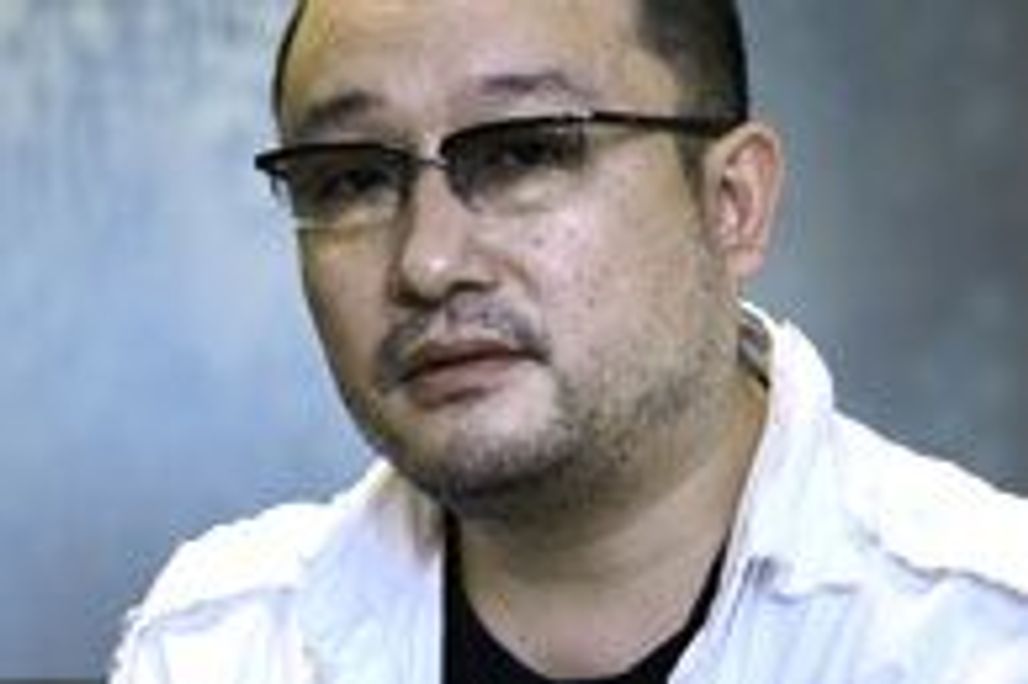With Rizhao Chongqing (Chongqing Blues), Wang Xiaoshuai is the first director to enter the Festival Competition. The Chinese film maker, who is in the running for the Palme d’or, is back on the Croisette to present a film in the Official Selection for the fourth time in his career. Three screenings of Rizhao Chongqing are scheduled today in the Grand Théâtre Lumière, at 8:30, 14:30 and 19:30.
In 2005, Wang Xiaoshuai was awarded the Prix du Jury for
Shanghai Dreams, the story of a young girl who falls in love for the first time in a rural province, when her father wants to leave for Shanghai. In
Rizhao Chongqing, he recounts the anguish of Lin, a ship’s captain who returns from several months at sea to find that his son has died, killed by the police. He returns to Chongqing, his former home in western China, which has recently become a mega-city that symbolises China’s economic explosion. He struggles to bring to light what has happened. In the course of this introspective voyage, Lin realises that he did not know his son well and that his absence was very hard on the boy.
If Rizhao Chongqing signals the return of Wang Xiaoshuai, the film is also the occasion for presenting a panoramic sketch of modern China. As in a number of his feature films, the director bears witness to the social upheaval in his country. “I am often looking for stories that are representative of contemporary China. In the newspapers and on the Internet, I read many stories like this: bits of news like a hostage taking or police actions that often end in a dramatic way. I find this all the more interesting because the image we have of China is that of a safe and peaceful country These stories open up questions about the recent changes that China has undergone and they become the starting point of a film.”
This China that Wang Xiaoshuai describes is very different from the one he knew in his youth. It is a country where economic growth has accelerated everything, a country in perpetual change. For him, this father symbolises the new contemporary China: looking back to his past, he realises he has lost everything.
TK

